Soyinka Cites Superstition for Skipping U.S. Visa Re-Interview Before Revocation
- by Editor.
- Oct 29, 2025

Credit: Freepik
Nobel laureate Professor Wole Soyinka has revealed that he declined a U.S. embassy summons for a visa re-interview scheduled on September 11, citing personal superstition tied to the anniversary of the 9/11 attacks.
The decision, he said, preceded the revocation of his B1/B2 visa on October 23 by U.S. authorities, who cited unspecified post-issuance information.
Speaking on Tuesday at a media event in Lagos titled “Unending Saga: Idi Amin in Whiteface” at Freedom Park, the 91-year-old playwright and public intellectual said he now considers himself effectively “banned” from the United States. However, he emphasized that he harbors no resentment toward Americans and has no intention of contesting the decision.
“The date was odd,” Soyinka remarked, explaining his refusal to attend the September 11 appointment. “I wasn’t interested in rescheduling either.” He added that the embassy’s revocation letter, dated October 23, formally voided his visa issued on April 2, 2024, and requested its physical return—an action he dismissed with characteristic wit: “No one should bother.”
The development came as a surprise, he said. “Have I misbehaved toward the United States? Do I have a history? Have I been convicted?” he asked rhetorically, expressing confusion over the basis for the revocation. Still, he maintained that the decision would not affect his relationships with American friends, institutions, or collaborators.
In a lighthearted moment, Soyinka joked about issuing “permanent visas” to the U.S. ambassador and embassy staff for entry into his symbolic “Autonomous Republic of Ijegba” in Abeokuta.
Soyinka, who famously tore up his U.S. green card in 2016 in protest of Donald Trump’s election, said the Lagos event also served to notify U.S. hosts of his inability to attend scheduled engagements. “I have no visa; I am banned,” he said. “If you want to see me, you know where to find me.”
At his age, he added, there is little incentive to pursue re-entry, noting his decades-long contributions to U.S. academic and cultural life. Still, he left the door open to future visits if circumstances change.
The visa revocation comes amid broader changes to U.S. visa policy for Nigerians. In July, the U.S. government introduced stricter terms, limiting most new visas to single-entry, three-month validity. In August, additional requirements were added, including mandatory five-year social media history disclosures for security screening.
Soyinka’s remarks have reignited online debate over hypocrisy, freedom of expression, immigration policy, and the treatment of prominent international figures. While critical of U.S. policy shifts, he reiterated his enduring respect for the American people.


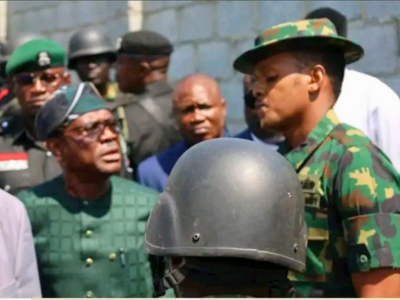
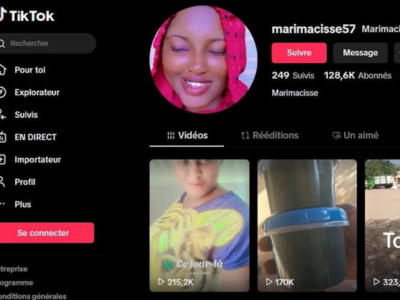
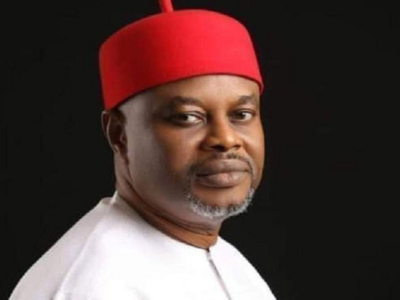
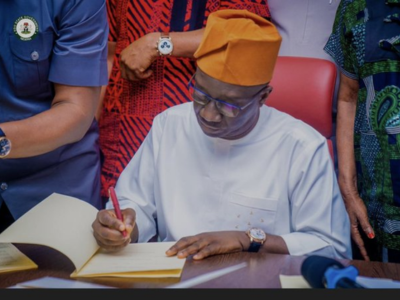
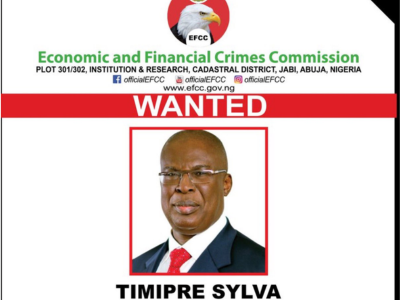


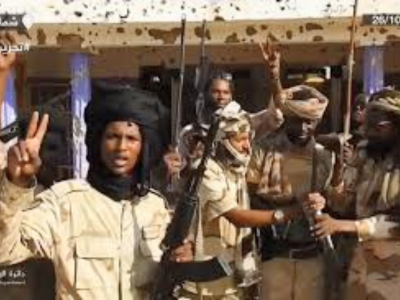
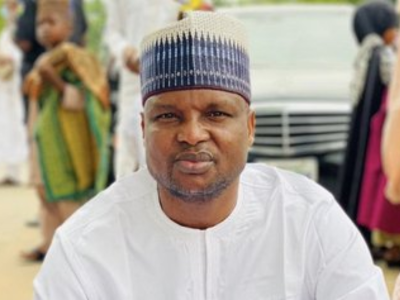
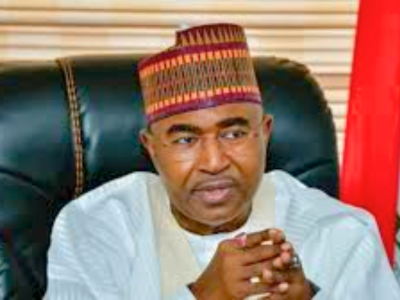
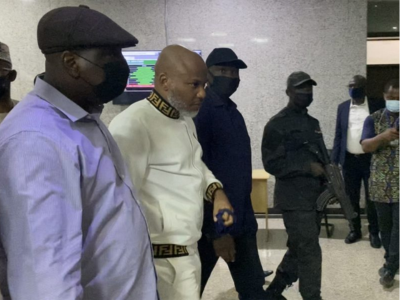
0 Comment(s)